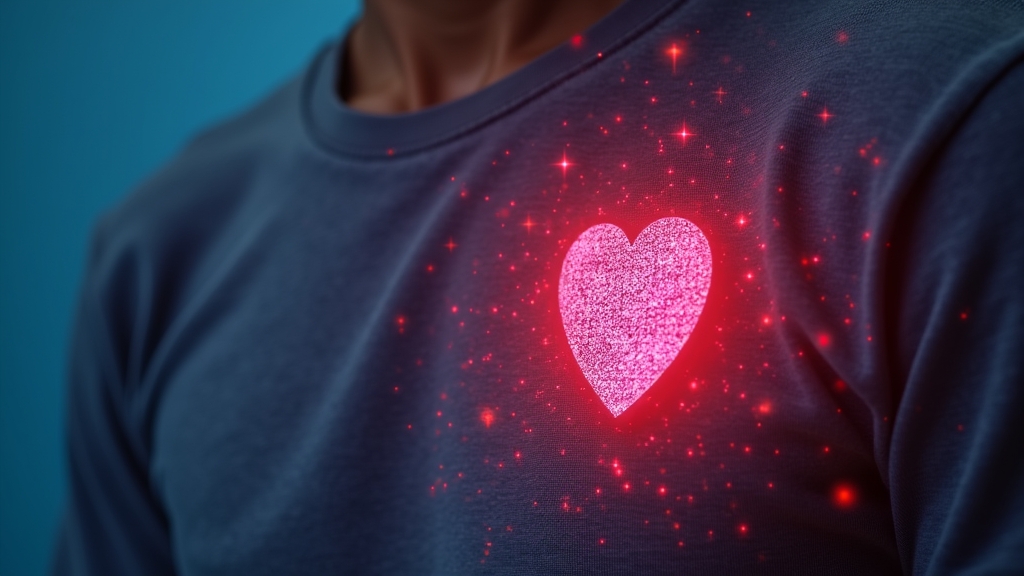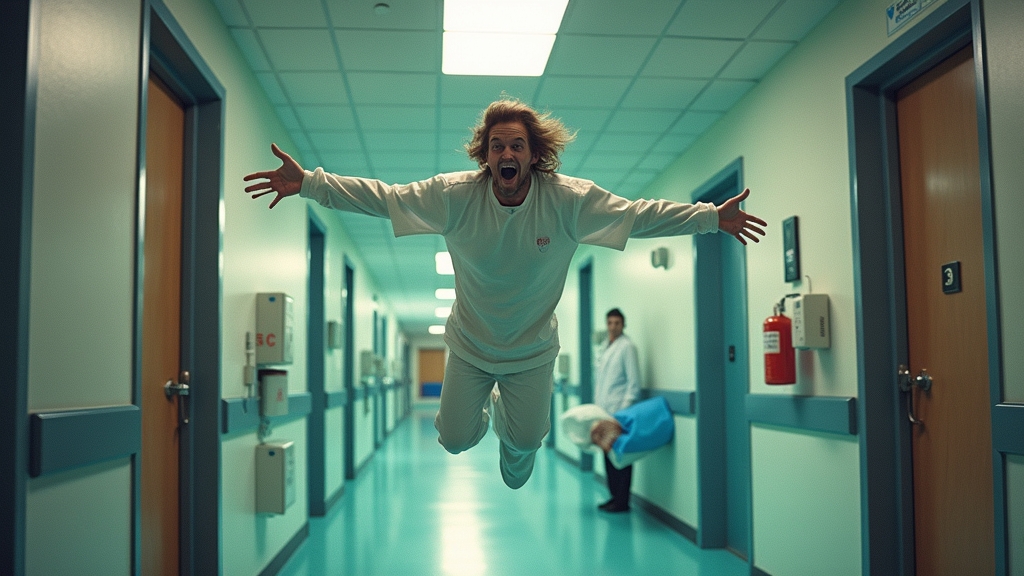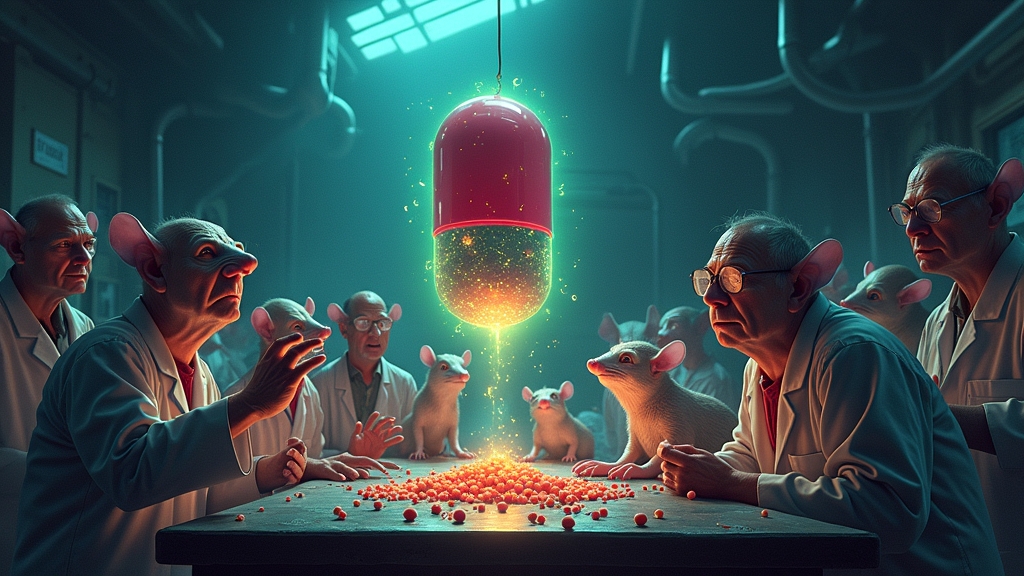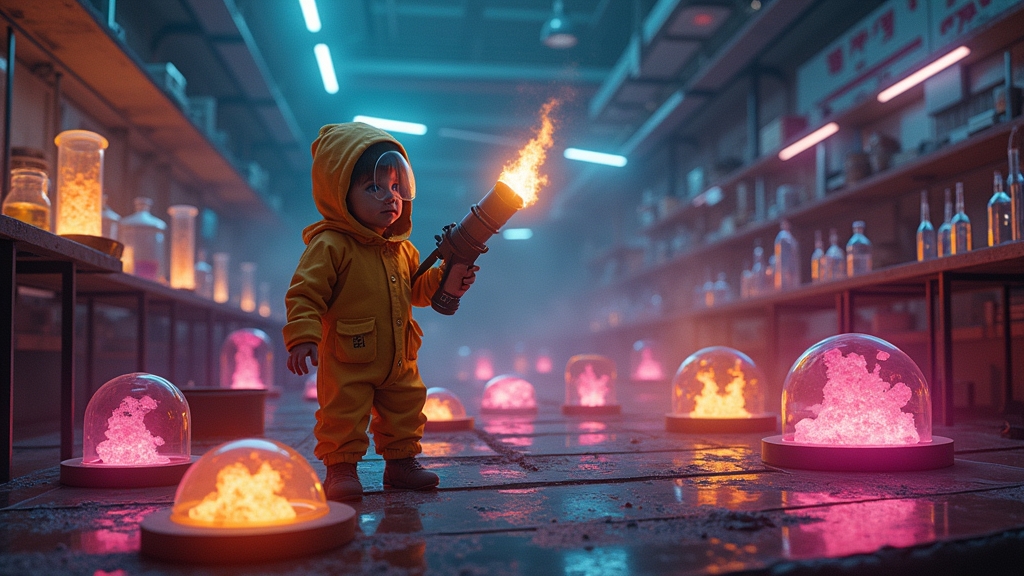Scientists Develop AI to Predict Heart Failure, Because Who Needs Doctors Anyway?
In a stunning display of technological wizardry, researchers from MIT and Harvard Medical School have unveiled CHAIS, an AI-based system that can apparently predict whether your heart is about to turn into a ticking time bomb—all without the need for pesky doctors sticking tubes into your body.
The deep-learning model analyzes electrocardiograms (ECGs) to determine if you’re on the fast track to cardiac catastrophe. Historically, diagnosing heart failure required invasive procedures, like catheterization, which involved threading a tube through a patient’s veins, much to the delight of insurance companies banking on your medical misery. But now, with CHAIS, all it takes is a tiny patch on your chest to tell you that, yes, your diet of beer and fried cheese curds is finally catching up with you.
“This paper is a culmination of years of work,” said lead researcher Collin Stultz, also known as the guy who just made cardiologists significantly less relevant. “We can now detect if patients are heading toward heart failure before they even know it, so we can intervene before they collapse in a fast-food drive-thru.”
The CHAIS system compares its results to traditional methods and reportedly holds up well, which is welcome news to hypochondriacs everywhere who now have something new to obsess over. “Honestly, this is great,” said Aaron Aguirre, a cardiologist at Massachusetts General Hospital. “We can catch heart issues early, treat them efficiently, and spend even less time pretending we aren’t burned out from this job.”
Beyond simply detecting impending doom, CHAIS could also reduce hospital readmissions, which currently happen at a rate of one in four heart failure patients. “It turns out, merely telling patients to ‘eat better and exercise’ wasn’t doing the trick,” admitted one exhausted nurse.
Of course, there are still some skeptics. “We’re just waiting for the inevitable moment when a guy ignores his AI-powered heart failure warning because he read on Reddit that drinking raw beef smoothies cures it,” said Dr. Emily Carter, a frustrated physician who still believes in the power of human decision-making—a stance that grows weaker by the hour.
In the end, researchers hope this AI will make top-tier medical care accessible to everyone, no matter their income level or zip code. “The real goal is equity in health care,” said Stultz, “but honestly, if this thing means fewer people in emergency rooms Googling ‘chest pain or gas?’ while clutching their ribs, I’ll take it.”





